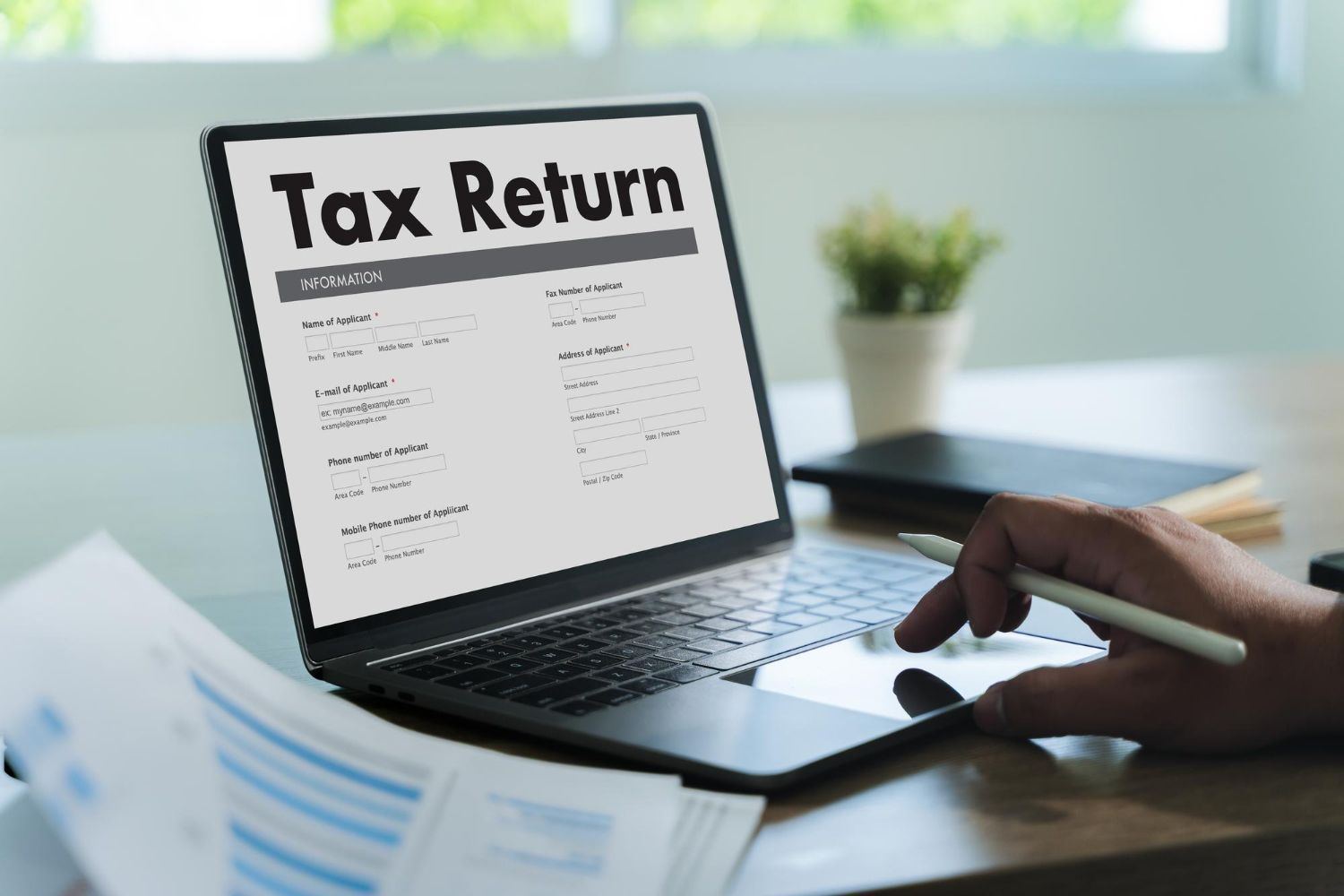Canada Emergency Student Benefit (CESB): What It Is
The Canada Emergency Student Benefit (CESB) is a financial relief program designed to support post-secondary students and recent graduates who have lost work opportunities due to the COVID-19 pandemic. This taxable benefit provides $1,250 per month and is available for up to 24 weeks. It is a program offered by the Government of Canada and is intended for those who are ineligible for the Canada Emergency Response Benefit (CERB) or Employment Insurance (EI).

Who Can Apply for CESB?
The Canada Emergency Student Benefit (CESB) is a financial relief program aimed at supporting post-secondary students and recent graduates who lost work opportunities due to COVID-19. To be eligible to receive the CESB, you must actively be looking for work if you are able to work. If you cannot find work due to COVID-19, you can re-apply for each CESB eligibility period that you are eligible for. However, you cannot apply for the CESB if you have already applied for the Canada Emergency Response Benefit (CERB) or Employment Insurance (EI) and Canada Emergency Student Benefit (CESB).
Here are the eligibility criteria for the CESB:
- You did not apply, receive, nor qualify for the CERB or EI benefits for the same eligibility period.
- You are a Canadian citizen, Registered Indian, Permanent resident, or Protected person.
- You are studying in Canada or abroad.
- You are enrolled in a post-secondary educational program that lasts at least 12 weeks and leads to a degree, diploma, or certificate, or you have completed or ended your post-secondary studies in December 2019 or later.
- You completed or expect to complete high school or received or expect to receive your high school equivalency in 2020 and have applied for a post-secondary educational program that starts before February 1, 2021.
The government advises students to keep records of their daily job search activities to verify that they have been looking for work during the eligibility period(s) they applied for Canada Emergency Student Benefit. They also recommend registering with the Government of Canada Job Bank.
Eligibility Periods and Conditions for the Canada Emergency Student Benefit (CESB)
The Canada Emergency Student Benefit (CESB) is available to eligible post-secondary students and recent graduates who have lost work opportunities due to COVID-19. The benefit has four eligibility periods, each lasting four weeks, from May 10 to August 29, 2020. Applicants can only apply for one period at a time, and if they continue to be eligible, they must re-apply for each subsequent period.
The table below summarizes the eligibility periods and the amount that applicants can receive, depending on their eligibility:
Eligibility Periods and Amounts:
| Eligibility Period | Amount (depending on eligibility) |
|---|---|
| May 10 to June 6, 2020 | $1,250 or $2,000 |
| June 7 to July 4, 2020 | $1,250 or $2,000 |
| July 5 to August 1, 2020 | $1,250 or $2,000 |
| August 2 to August 29, 2020 | $1,250 or $2,000 |
Moreover, applicants who meet all eligibility conditions may also be eligible for an additional $750 every four weeks. This benefit top-up is available to applicants who have a disability or have at least one child under the age of 12 or other dependents.
After applying for the CESB, the Canada Revenue Agency ( CRA ) will verify the applicant’s eligibility. If the CRA determines that the applicant is not eligible for the benefit, they will contact the applicant to make arrangements to repay any amounts owed. It is recommended that students for Canada Emergency Student Benefit to keep a record of their daily job search activities during the eligibility period(s) they applied for, as the government may ask them to verify that they have been actively looking for work.
Which Eligibility Periods Can You Apply For?
The CESB offers financial relief for 4-week eligibility periods with specific start and end dates. When you apply, you will receive a payment for the eligibility period you applied for.
Keep in mind that you can only apply for one eligibility period at a time. If your situation continues, you will need to re-apply for another 4-week eligibility period.
How to Apply for the Canada Emergency Student Benefit (CESB)
The Canada Revenue Agency (CRA) will administer the benefit. Students can apply for the CESB online or by phone using CRA My Account. If they have not filed taxes before, they must call 1-800-959-8281 to register their Social Insurance Number (SIN) with the CRA for Canada Emergency Student Benefit.
To apply by phone, students can call 1-800-959-2019 or 1-800-959-2041 and follow the instructions, making sure to have their SIN and eligibility periods ready.
Students can also call the CESB general line with questions about eligibility, payment amounts, and application procedures. For questions specific to account information, they should contact the CRA’s general inquiries line. To verify their identity, they will need their SIN, full name and date of birth, and an assessed return, a notice of assessment or reassessment, or be signed in to their CRA My Account.
The government recommends that students set up direct deposit through CRA My Account or their financial institution to receive payments sooner, within 3 business days.
Tax Implications of CESB Payments
If you receive the Canada Emergency Student Benefit (CESB), you will need to report it on your tax filing for the following year, although you will receive the full payment amount. For the 2020 tax year, you will be able to find a T4A tax slip for the amount of CESB you received in CRA My Account under Tax Information Slips. However, if you repay the CESB before December 31, 2020, the amount you have repaid will not be included on your T4A tax slip.

In what way will I receive my CESB payment?
You will receive your CESB payment through direct deposit or cheque, depending on the option you selected during the application process. If you registered for direct deposit, you should receive your payment within three business days after applying. If you chose to receive a cheque, it will arrive within 10 days.
The post Canada Emergency Student Benefit (CESB): What It Is appeared first on DBM Accounting | David B. McKeand Professional Corporation.











